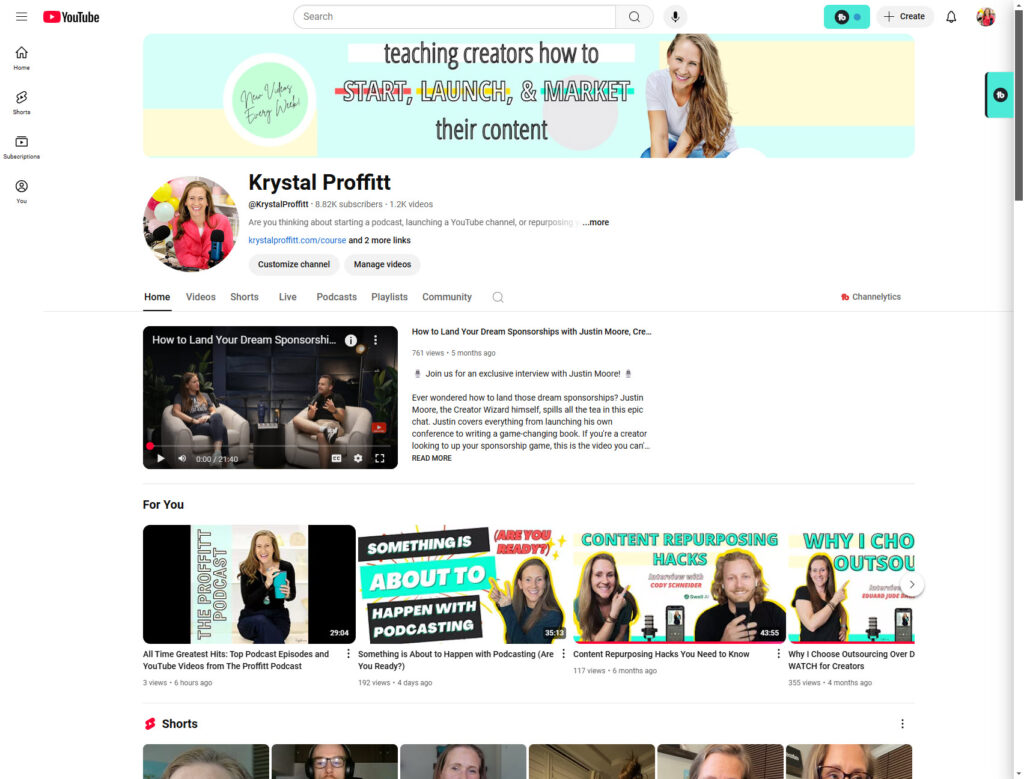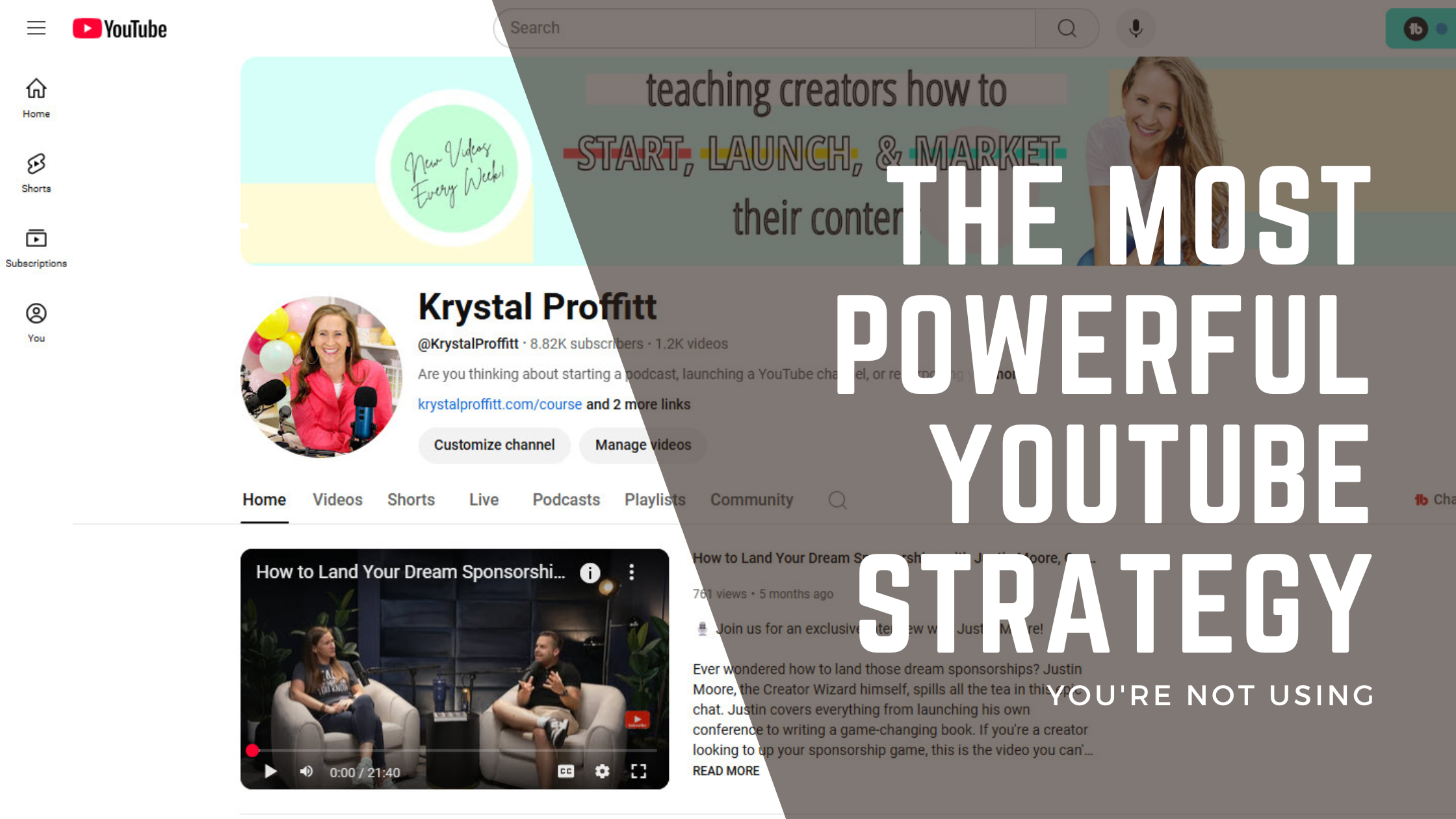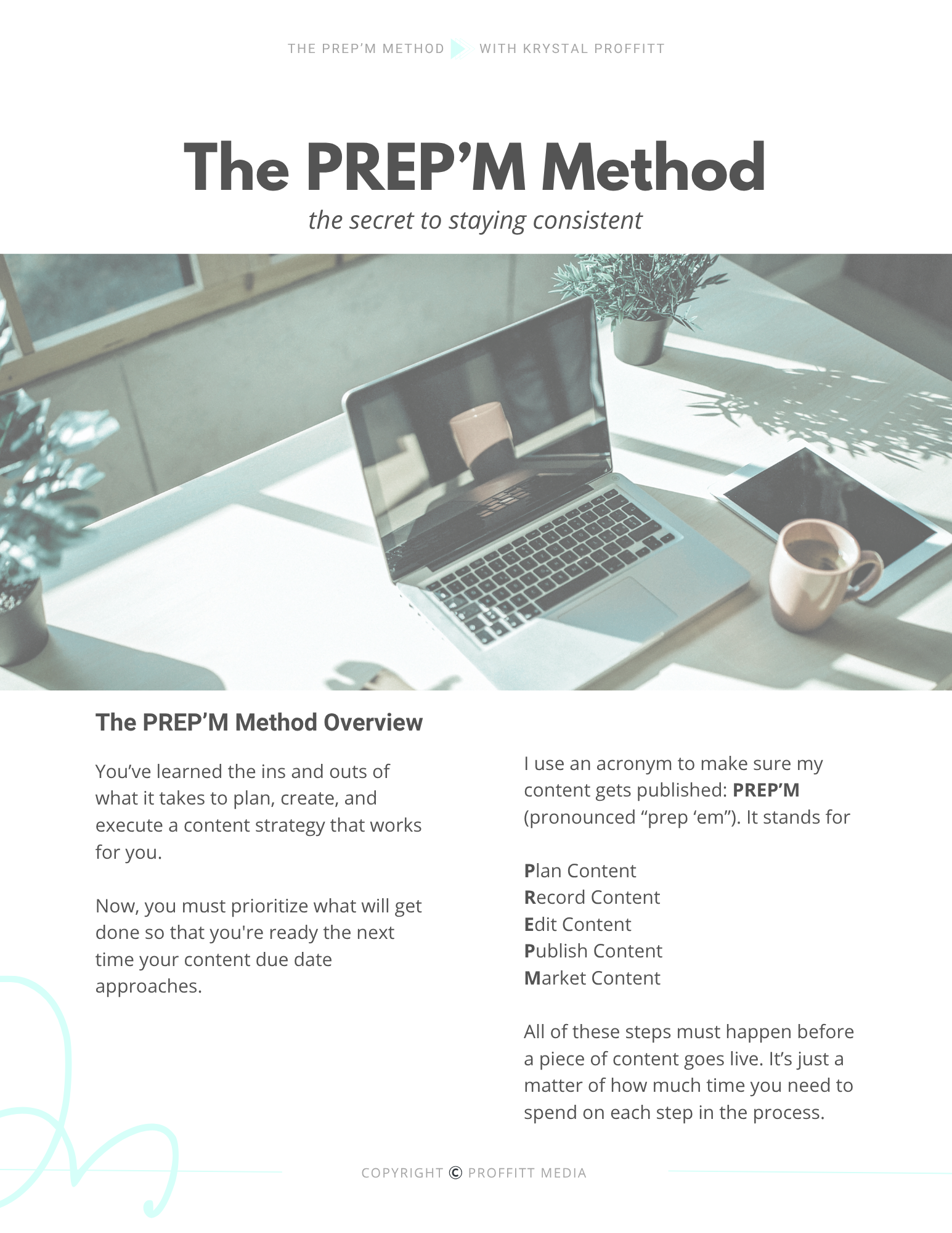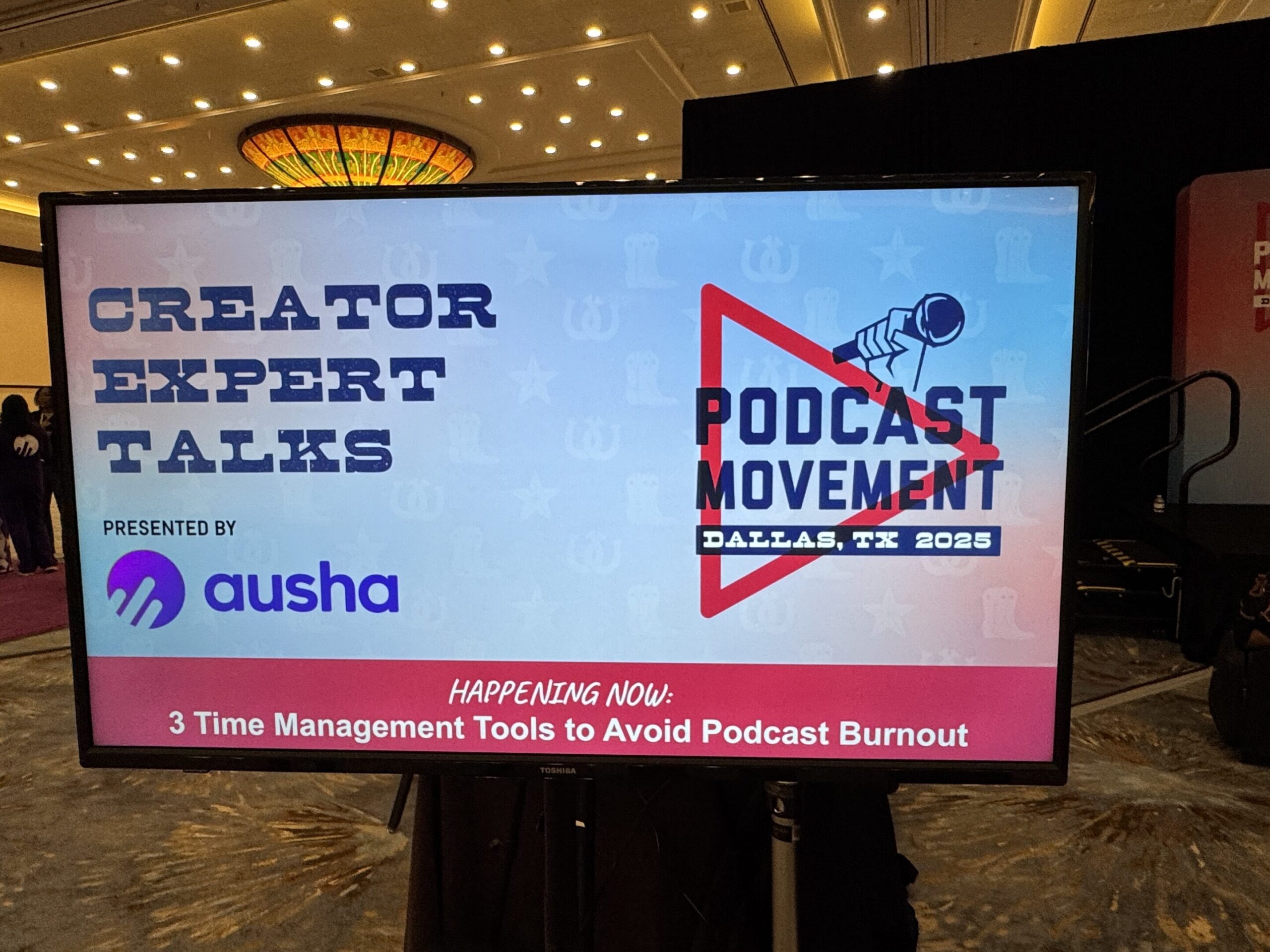The Most Powerful YouTube Strategy You’re Not Using
Episode 491
Creating Engaging and Effective Content: YouTube vs. Podcasting
Creating engaging and compelling content is no small feat, especially considering the differences between platforms like YouTube and podcasting. In today’s digital landscape, understanding how to balance your audience’s needs while enhancing your visibility online can set you apart. In this blog post, we’ll explore the essential strategies for content planning and execution shared in a recent episode that deeply delves into this topic.
Platform Differences: YouTube vs. Podcasting
First, let’s talk about how content for YouTube differs from podcasting. One significant factor is searchability. YouTube is the second-largest search engine after Google, meaning content creators have more opportunities to reach new audiences through keyword-driven engagement. This differs from traditional podcasting, where discoverability can often be a challenge. While algorithms and keywords primarily drive YouTube content, podcast episodes rely heavily on existing relationships with listeners who engage with the audio format. This difference underscores the necessity to establish clear strategies for maximizing reach and engagement on both platforms.

Understanding Audience Intent
Another vital consideration is audience intent. When users turn to YouTube, they often actively seek solutions to their problems—tutorials, ideas, or entertainment. Therefore, crafting content that meets these immediate needs can significantly boost your visibility. On the other hand, podcast listeners may not immediately intend to discover something new; they usually engage with podcasts that deepen relationships or provide value over time. This contrast means content creators must tailor their approaches: consider creating quick, actionable content on YouTube while offering deeper storytelling on podcasts.
Conducting Keyword Research
To ensure tailored and compelling content, conducting keyword research is non-negotiable. Tools such as TubeBuddy (I’ve been using since 2019!) and vidIQ can provide insights into trending topics and keywords that align with your niche. Watching trends facilitates more impactful and relatable content and keeps creators accountable for staying relevant. Incorporating audience feedback—whether through surveys or direct engagement—can help refine your content even further. This practice encourages continuous interaction, ensuring your audience feels heard and valued.
The Power of Structured Outlines
The next step is outlining once you’ve established what to create content about. A clear, well-structured outline can significantly enhance your ability to communicate your message effectively. Many creators opt for AI tools to help generate initial outlines. This can streamline the planning process, allowing for more flexibility and creativity in the final production.
Embracing the Batching Process
The aspect of batching is one of the most powerful YouTube strategy you’re not using. Batching content saves time and allows creators to fine-tune multiple pieces of content in a single session, creating a more cohesive flow across platforms. This method benefits those looking to balance numerous responsibilities within their content creation process.
Check out these Batching Resources:
Balancing Trends and Passion
Lastly, the delicate balance between catering to audience demand and remaining passionate about the topics you address is essential to sustaining momentum. Content creators should aim to focus about 80% of their efforts on what trends and user intent suggest while reserving around 20% for topics that ignite their passion. This intersection of personal interest and audience needs can lead to genuinely engaging content. Ultimately, the goal is to foster genuine connections with your audience, leading to an authentic voice amidst the cacophony of trending topics.
Conclusion: Enhancing Your Content Creation Process
In summary, effective content planning involves understanding the nuances between YouTube and podcasting, leveraging research tools, engaging with your audience, creating structured outlines, utilizing batching techniques, and balancing searchability and passion. By adopting these strategies, you can enhance your content creation process and ultimately make material that resonates powerfully with your audience.




Comments +